The participants in ID World Abu Dhabi 2012 summit discussed a range of topics related to challenges facing agencies and institutions responsible for advanced ID projects worldwide. They also reviewed the latest practices and protection and security systems used in supporting ID and population register programs and their role in enhancing security of societies and identity of their people.
The working papers illustrated a number of advanced innovations that should enhance the mechanisms and procedures of issuing ID cards as well as linking their services with various departments and public and private institutions.
The two-day summit held in the Emirates Center for Strategic Studies and Research (ECSSR) under the patronage of HH Lieutenant General Sheikh Saif Bin Zayed Al Nahyan, Deputy Prime Minister, Minister of Interior and Deputy Chairman of Emirates ID, and endorsed by the European Commission, discussed about 60 working papers submitted by participants from all over the world. In these papers, researchers addressed the cases of their countries and institutions and latest innovations in the ID industry worldwide.
One of the most significant papers was presented by Gerald Santucci, Head of Unit “Enterprise Networking and RFID” at European Commission, where he reviewed the challenges faced by governments in identifying online personal identity. He stressed that the success of the digital ID card applications in many countries had a significant impact on enhancing secrecy properties and eGovernance.
On his side, Chris Onyemenam, the pioneer Director General/CEO of the National Identity Management Commission (NIMC) Nigeria, outlined the role of advanced ID cards in managing global migration and reduce its threats. He shed light on the challenges resulting from different types of migration and its impact on migrant-exporting or importing countries. He called for the enhancement of co-operation between countries having a migration issue and agencies and institutions responsible for identity management.
Pedro Janices from the National IT Office, Argentinian Government, talked about the measures taken by Argentina since 2011 until today to guarantee citizen identities and protect them against identity theft. He underlined the role played by measures taken in his country in enhancing national and individual security.
In his paper entitled “Designing the Digital ID Card in Indonesia for Group Registration and Issuance for 172 Million People”, Marzan A. Iskandar, Chairman of the Indonesian Agency for Assessment and Application of Technology (BPPT) outlined the role of the technical sector in supporting the efforts of the Indonesian Ministry of Home Affairs to apply the government digital ID card program.
In his paper entitled “Identity Theft and its Implications on Banks”, Waldemar Grudzien, Director of Association of German Banks, said that identity theft is no longer limited to the banking sector worldwide but it affects bank clients and the Internet users who have become easy prey for organized crime groups. He called for developing the levels of ID card security as it has direct and increasing impact on national security for countries and their citizens.
Latest Posts

ICP Discusses the “Single Point” Passenger Project with a Bahraini Delegation

ICP Participates in the World Governments Summit 2026 with a High-Level Delegation

The Director General of ICP Discusses the Development of Digital Services with Senior Officials

ICP Exchanges Governance Best Practices with the National Center of Meteorology
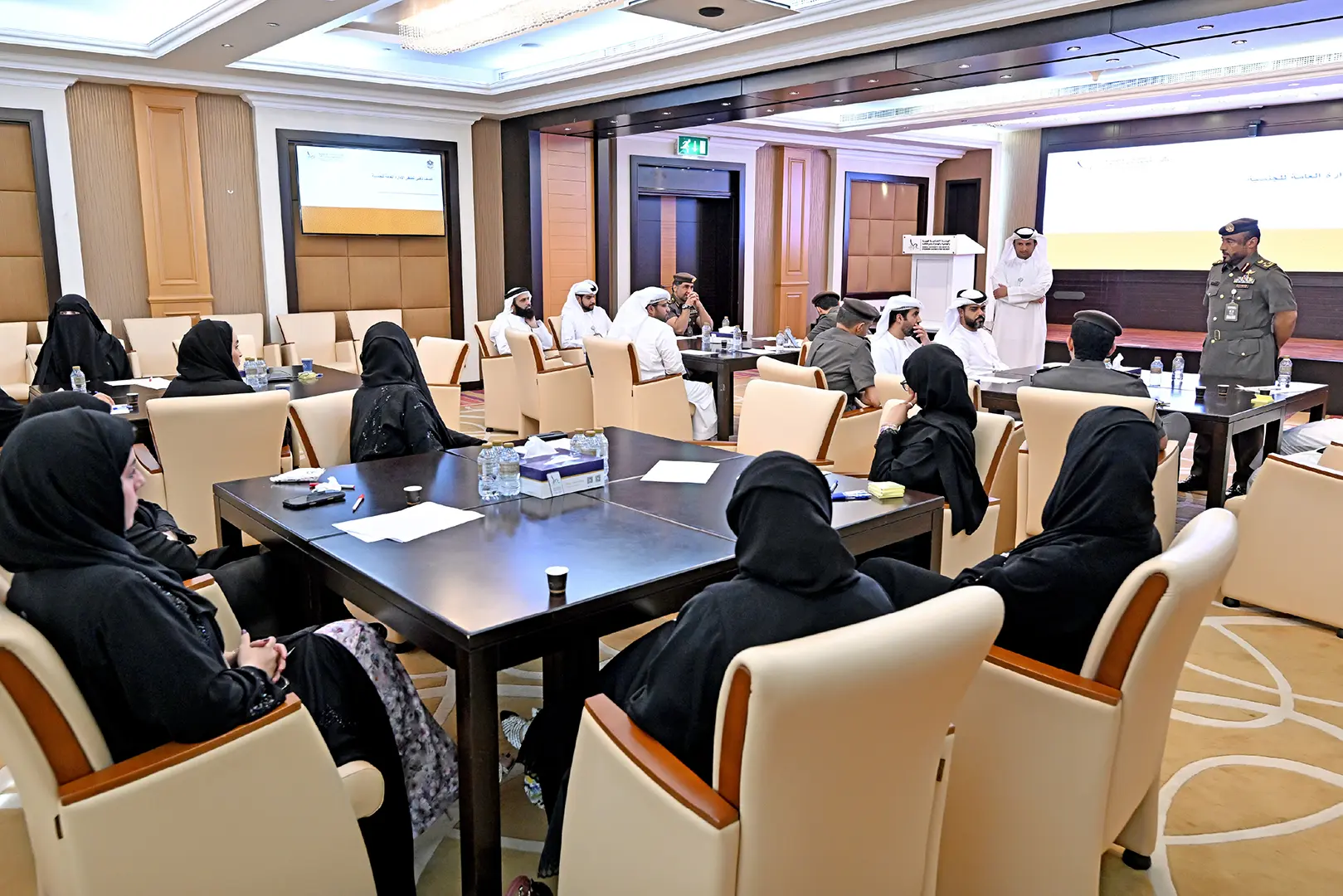
General Directorate of Nationality Discusses Work System and Staff Forum
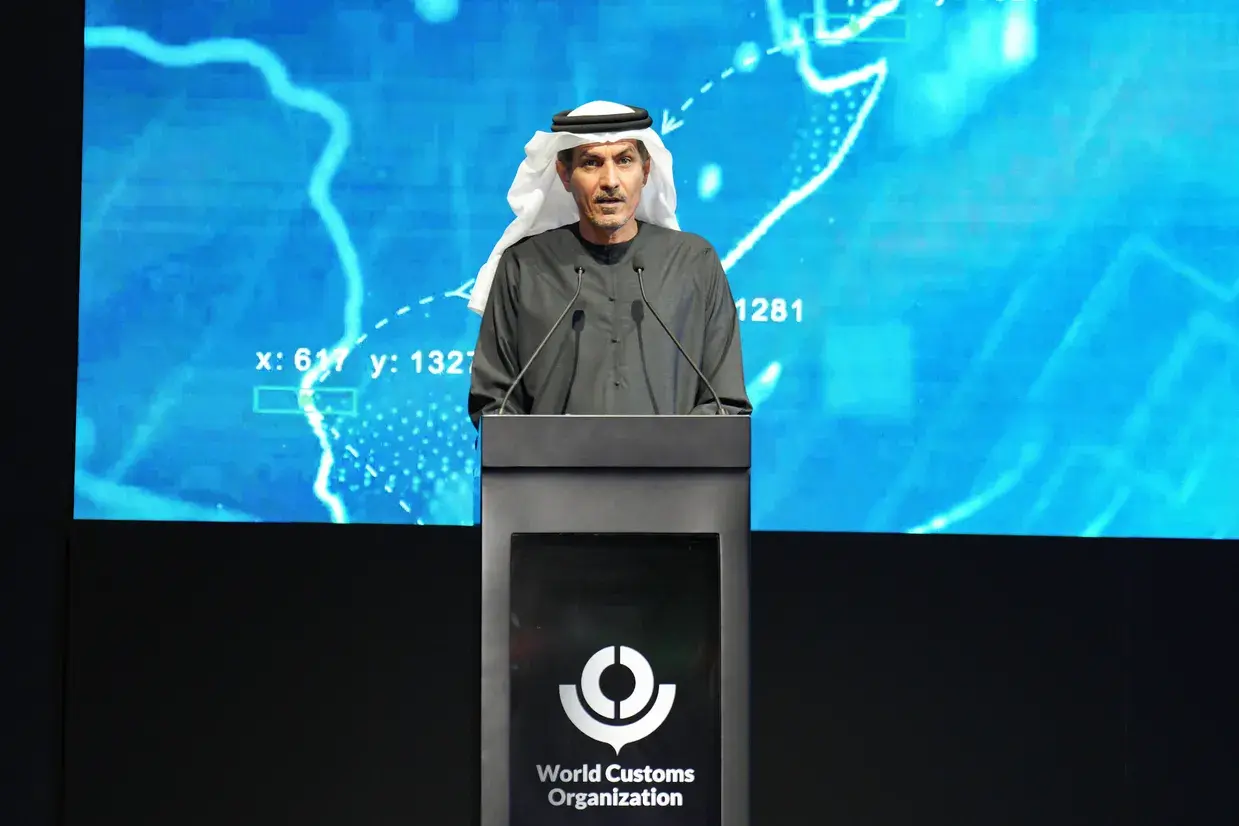

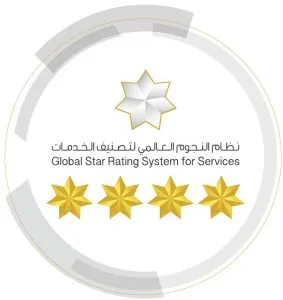

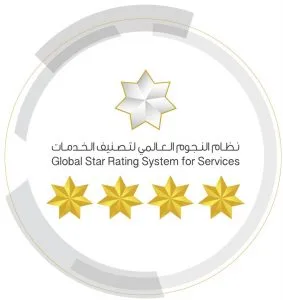

 German
German Portuguese
Portuguese French
French Russian
Russian Chinese
Chinese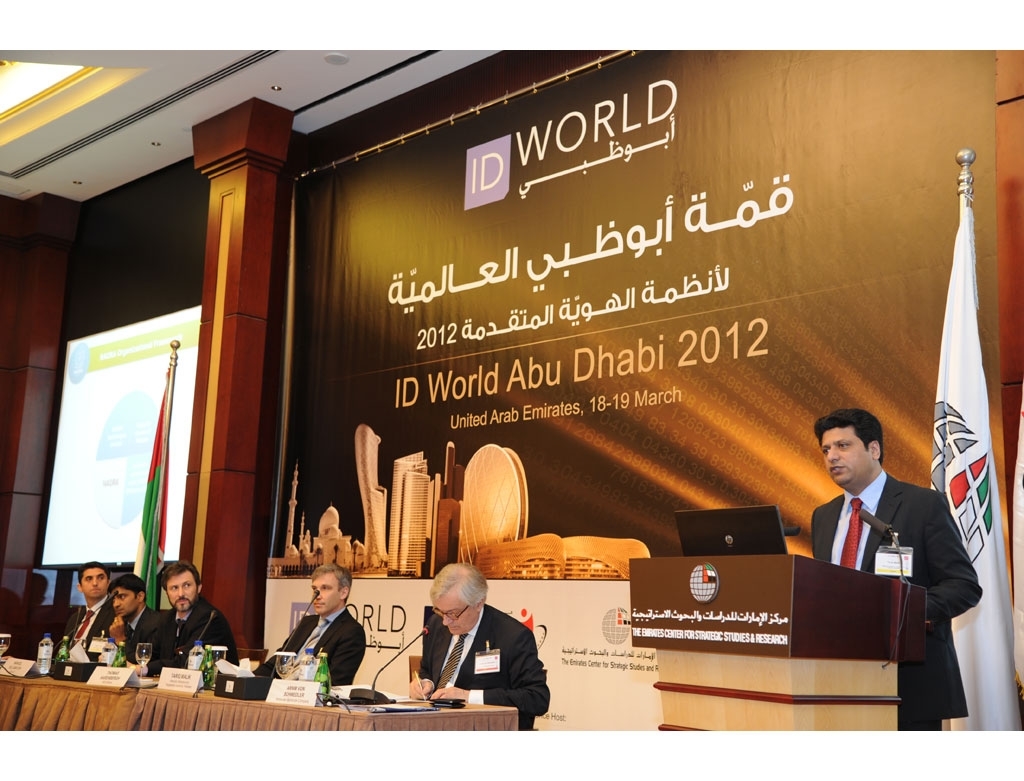
Rate your experience